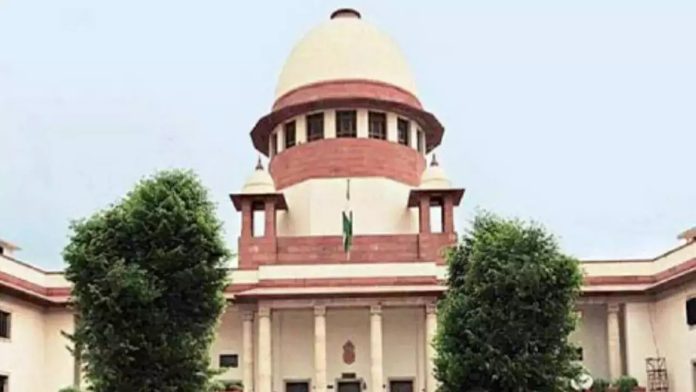- Those of us who are familiar with the way Indian political parties and their leaders go about establishing superiority in the society’s hierarchal system need no further invitation to comprehend the way things pan out here. Despite the constitutionally guaranteed rights ensuring equality in the eyes of the law of the land, the political leadership does enjoy an unparalleled executive power in the country since the party in power controls the administrative reins. Even though the Constitution mandates the executive, the legislature and the judiciary have equal responsibilities to uphold the rights, the political leaders representing the government machinery have come to be identified with wielding enormous authority to guide the nation’s fortunes.

PC: Representational image
- No wonder, the bureaucracy including the police has shaped up to essay a subservient role to the political class wielding executive authority. We all know how the political leaders-bureaucracy-police nexus has an overwhelming presence in the day-to-day administrative scheme of things of late. Yes, the general public’s perception towards them too has paved the way for cynicism where everything emanating from the troika is viewed with contempt on the back of rampant corruption. Of course, there is also a general belief that the high and mighty always find a way to get away from the crutches of the laws since the judicial process is too cumbersome and time-consuming. The wheel of justice crawls along in our country. We are aware of this aspect.
- Against this backdrop, it was recently reported that an amicus curiae appointed by the SC in a petition related to criminalization in politics suggested politicians convicted in criminal cases be permanently barred from contesting elections. Convictions presently lead to a bar of six years from elections. The suggestion for a life ban is based on the logic that it violates the Constitution’s fundamental right to equality as civil servants in a similar position are sacked. The moot point to ponder over here is whether politicians are placed on a pedestal. Mind you, the relevant law for disqualifying convicted politicians is the Representation of the People Act. Section B of this law aims to check the criminalization of politics and lays out grounds for disqualification.

PC: PTI
- The SC has interpreted the law to mandate that candidates keep voters informed of outstanding criminal cases but avoid sweeping change. There was one exception. In 2013, SC invalidated a section that allowed a convicted politician time to appeal. The disqualification was made immediately. Analyzing affidavits filed by 763 current parliamentarians, ADR, and National Election Watch suggests that 40% have outstanding criminal cases. No surprises there. Tightening RPA doesn’t solve the criminalization problem. India’s criminal justice system, however, has many weaknesses. Thus, enhancing punishments on a weak foundation only provides perverse incentives for governments to exploit the system to fix rivals. Let’s maintain the status quo.






